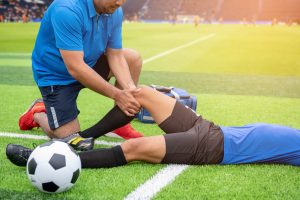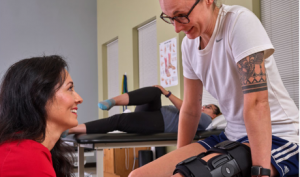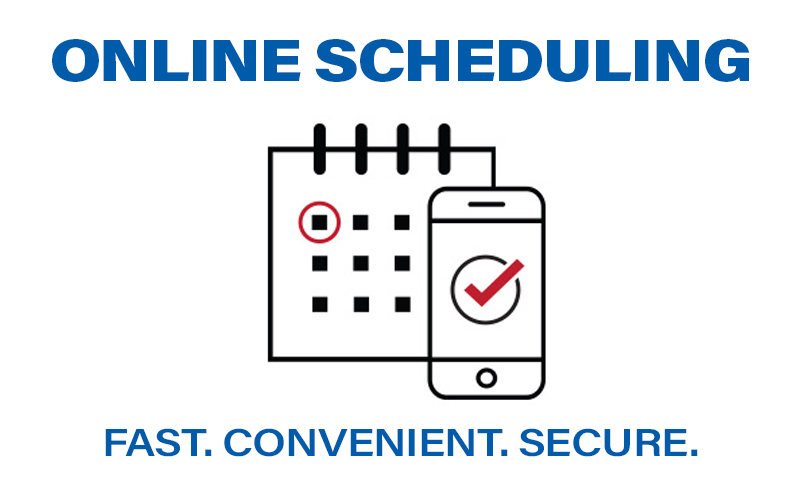Did you know that the cartilage that cushions your joints can break down just like the tires on your car get worn after years of use?
It’s a condition called osteoarthritis. And without enough padding, your bones will hurt when they rub against each other.
This frayed cartilage can’t heal or grow back. You cannot reverse the arthritis once it has started. There are some things you can do to ease the pain and protect the cartilage you still have. Use these tips to slow the damage.
1. Slim down if you’re overweight. It will help take stress off your knees and hips. Every pound you lose removes 4 pounds of pressure off your knee. That lessens wear and tear in the joint, Schneiderbauer says. You may actually slow the progress of arthritis if you lose a significant amount of weight.
2. Do aerobic exercise. Arthritis pain may make you reluctant to work out, but research shows that pain and stiffness get worse when you aren’t active enough. Regular exercise that gets your heart pumping will boost your blood flow, which keeps cartilage well nourished. And an extra benefit: it helps you reach a healthy weight. Stay as active as you can. Avoid high-impact activities like jumping or running. Choose walking, cycling and swimming as alternative exercises. Aim for 30 minutes of aerobic exercise at least 5 days a week.
3. Build stronger muscles around your joints. It can help your body absorb some of the shock that normally goes through your joint when you move around during the day. Try to build up the muscles that surround your joint. To improve symptoms in your knee, for example, strengthen the quadriceps muscles, which are in the front of your thigh. A physical therapist or personal trainer with experience in working with people with arthritis can show you exercises that will help.
4. Stretch every day. It will help you improve your ability to move your joints. This not only fights stiffness but also helps protect the cartilage from more wear and tear. Try Yoga or Pilates to help make you more flexible and lubricate your joints.
5. Try glucosamine and chondroitin supplements. They may help protect your cartilage, though there’s no proof that either one will rebuild it or slow down your arthritis. Some studies suggest they can ease your pain.
6. Use over-the-counter pain relievers for flare-ups. Some common ones are naproxen (Aleve), ibuprofen (Advil, Motrin), aspirin, and acetaminophen(Tylenol). Check with your doctor to decide which one is safe for you. Make sure to read the label and take them only as directed.
7. If home remedies fail, ask your doctor about injections. Cortisone shots are good for short-term flare-ups. Hyaluronan injections may help, too. It may work as a lubricant and anti-inflammatory in your joint.
Need Help Taking Care Of And Managing Your Joint Care?












